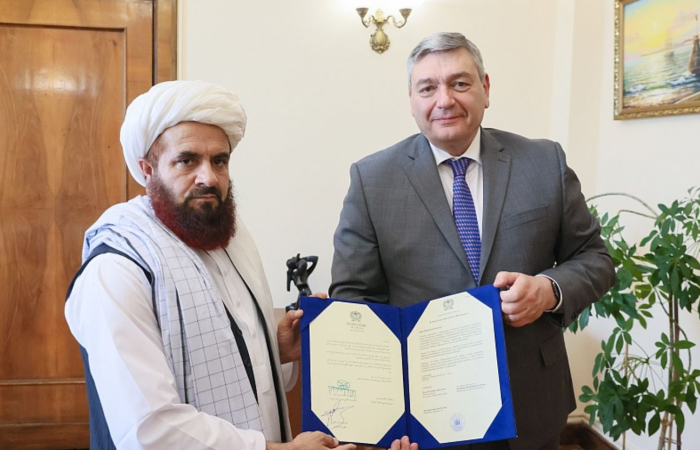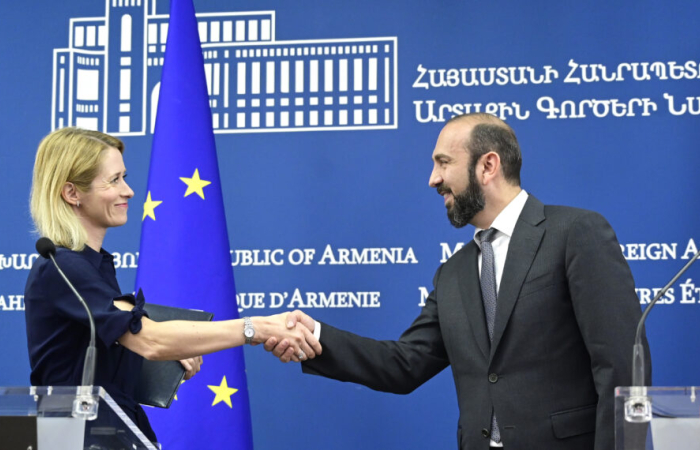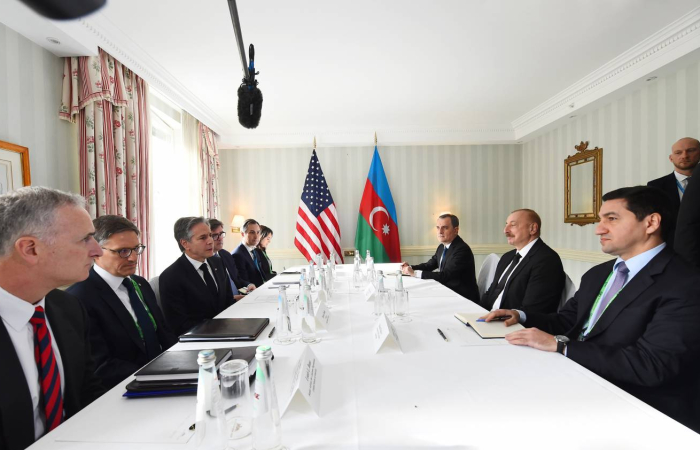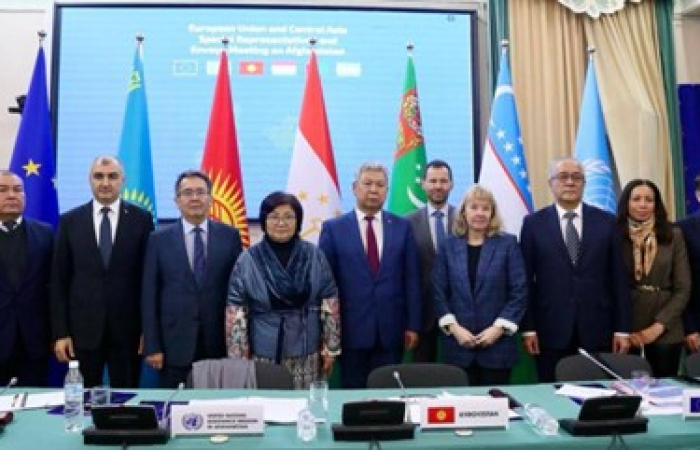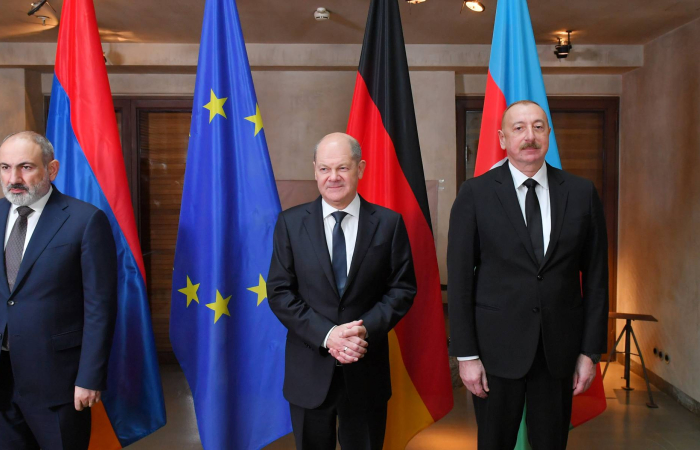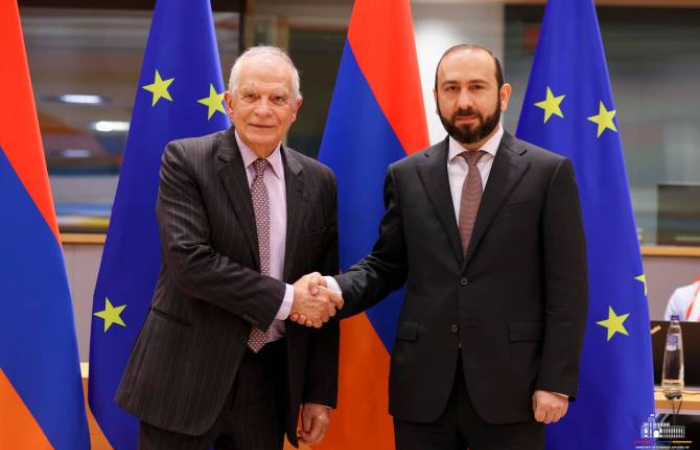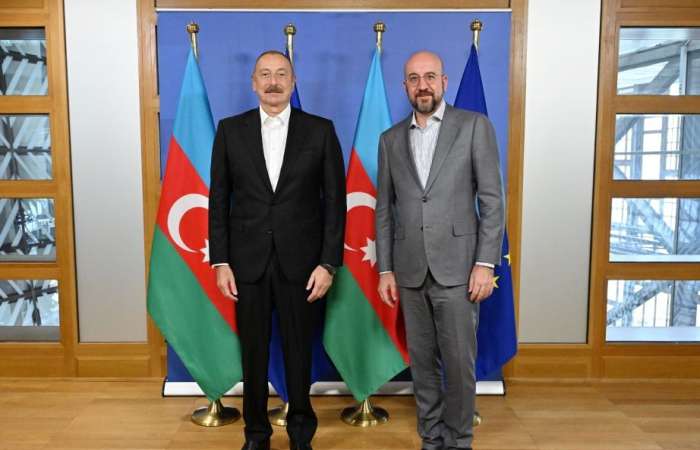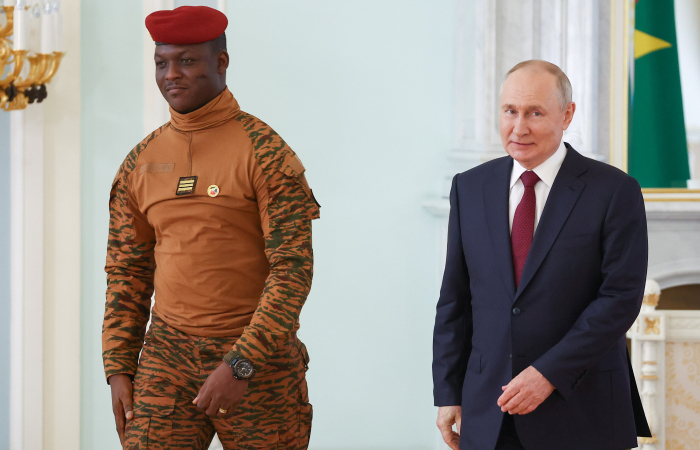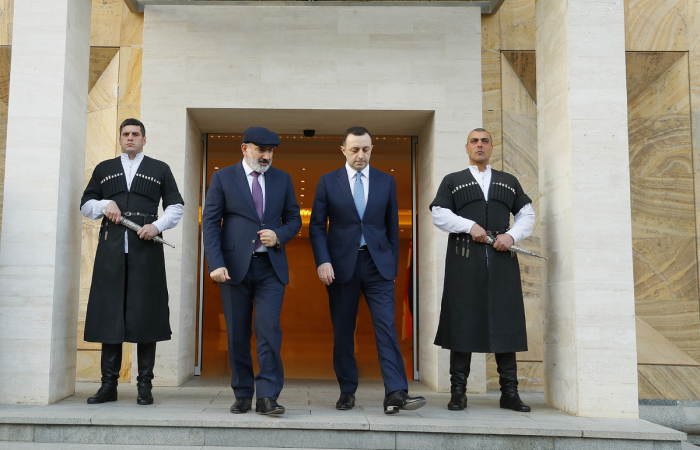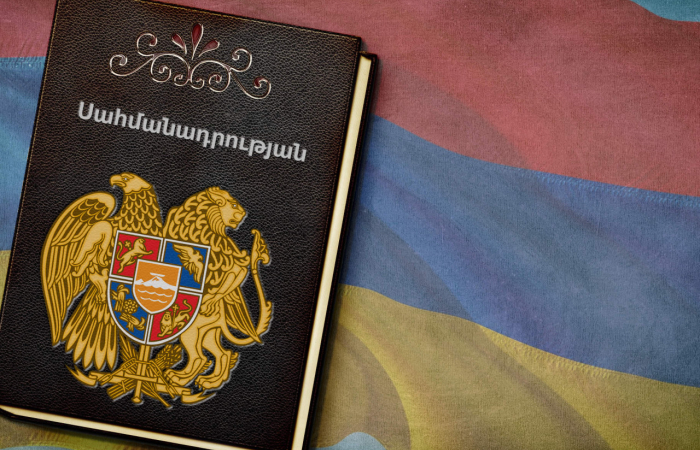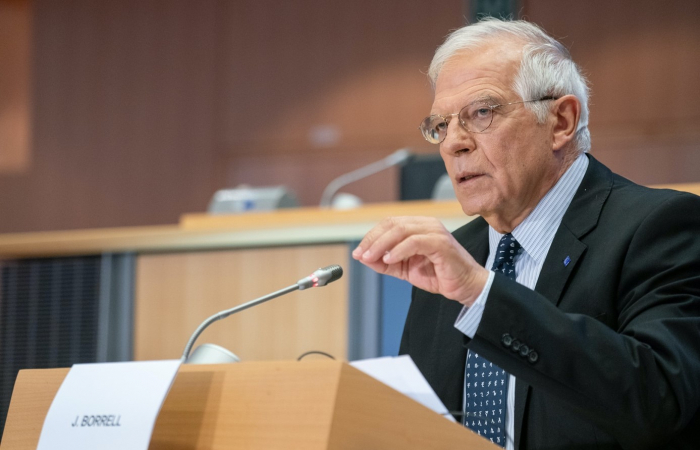Editor's choice
This is a members’ functionality. Please
Sign upNews
Trending
Pashinyan visits Tbilisi: Armenia and Georgia agree to establish "strategic partnership"
27 January 2024
Armenian prime minister Nikol Pashinyan, accompanied by senior ministers, visited Georgia on Friday (26 January) for meetings with prime minister Irakli Garibashvili and senior Georgian officials.
Garibashvili and Pashinyan on Friday discussed the “fruitful” bilateral ties after signing an agreement on upgrading them to a strategic co-operation in Tbilisi earlier during the day. In a face-to-face meeting in Tbilisi before the launch of an Intergovernmental Economic Cooperation Commission session at the Government office, Garibashvili expressed confidence the new deal would strengthen the cooperation, the Georgian Government press office said.
In his remarks, Garibashvili noted the two states had “always been strategic friends and partners”, adding “this reality has officially been signed today”. “We discussed important matters concerning the existing relations, partnership, and cooperation between the two countries in all directions”, he said.
We have a very good partnership, relationship, cooperation in all directions and de facto, it can be said that we were already strategic friends and strategic partners. Today, it can be said, this reality has been formalised, and we officially signed a cooperation agreement on strategic partnership”
Garibashvili also called Georgia and Armenia “traditionally [and] historically very strong allies” and “friends, not just neighbours”.
Security considerations in the region and wider world were among the issues discussed, with the Georgian PM pointing to the significance of “supporting peace and stability” in the South Caucasus, noting such efforts would unlock “fresh opportunities” for the region.



